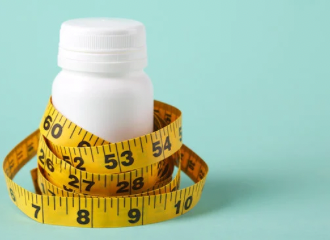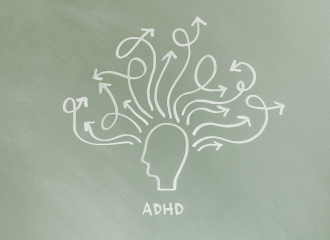Explore Categories

Returning to Eating Disorder Treatment After a Relapse
Relapse is part of the recovery journey. Learn how to navigate it with self-compassion, support, and a renewed sense of possibility.

Can Fasting Lead to An Eating Disorder?
Fasting is often praised for its health benefits, but can it also be a gateway to disordered eating. Explore the risks, warning signs, & healthier approaches to nutrition and well-being.

The Psychological Impact of an Eating Disorder
Discover the emotional factors behind eating disorders and why addressing them is key to lasting recovery.

5 Common Stereotypes About Anorexia Nervosa and Why They’re Wrong
Anorexia nervosa is often misunderstood. This blog breaks down five harmful stereotypes to reveal the truth.

Breaking Barriers: A Professional’s Role in Eating Disorder Awareness for BIPOC Communities
BIPOC communities face high eating disorder rates yet struggle with diagnosis and care. Learn how professionals can drive awareness and equity.

Ozempic, Weight Loss, and Eating Disorders: What You Need to Know
As GLP-1 medications like Ozempic gain popularity for weight loss, experts warn of their risks for eating disorders. Learn how these drugs may interfere with recovery, trigger disordered behaviors, and impact long-term health.

“They Don’t Look Like They Have an Eating Disorder”
Discover why eating disorders can’t be identified by appearance alone and how myths and stigma impact recognition, treatment, and support.

The Role of Family Therapy in Eating Disorder Recovery
Family therapy sessions are critical to eating disorder recovery, providing much-needed support for not just patients but also family members. Here’s what to expect.

Treating ADHD and an Eating Disorder? Here’s What You Should Know
What happens when an eating disorder co-occurs with ADHD? We look at the specific challenges and considerations.
Reach Out to Us
Talk with a Program Information Specialist at the number above to learn more about our
services and to schedule an assessment. Or, fill out the information below and we will contact you.
